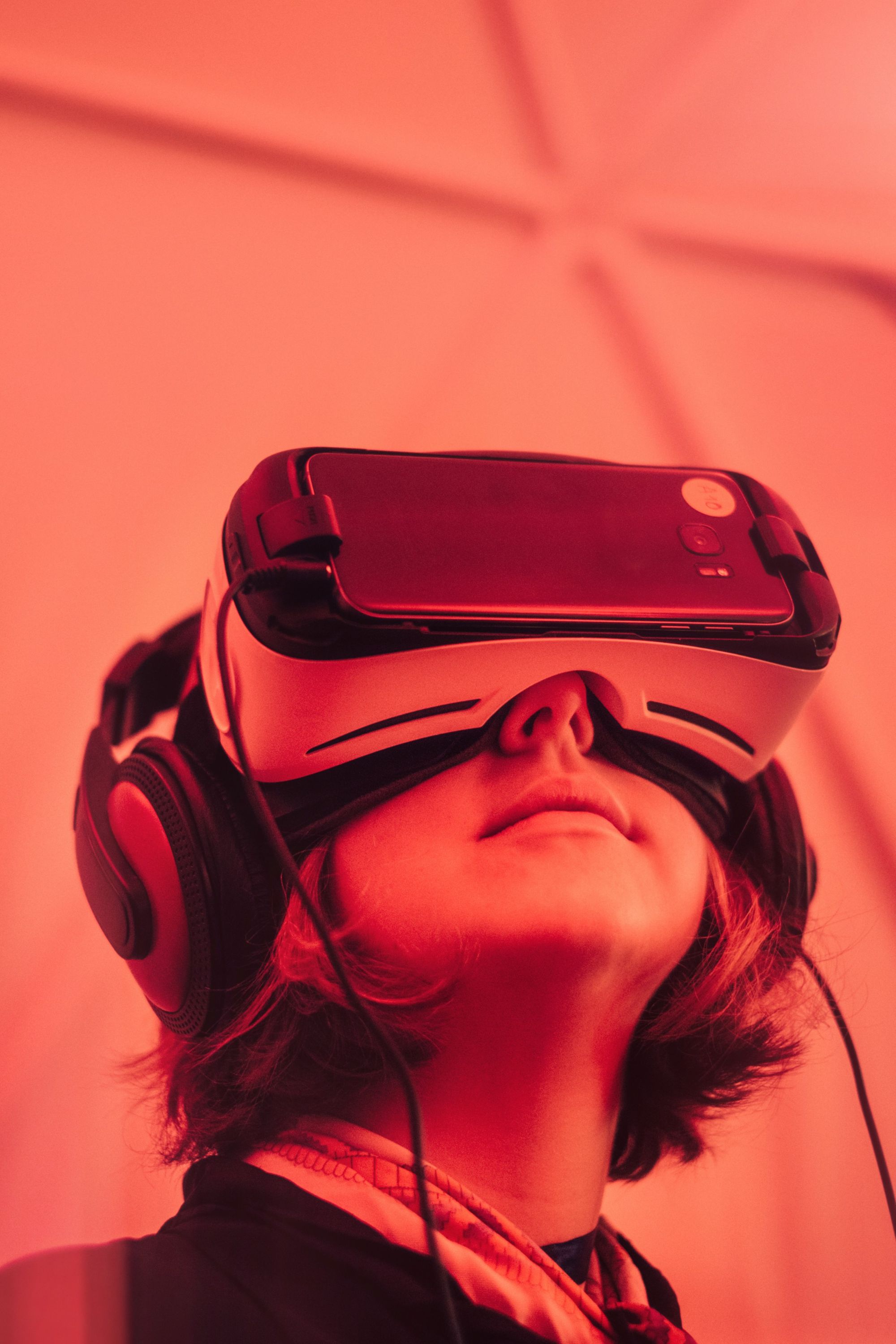New realities are new opportunities

At Matter., our mission is to help create a more informed, inclusive, and empathetic society by investing in the next generation of media institutions. That means investing in products that establish new kinds of media habits. We invest in teams that harness emerging technology to build these new media experiences.

Technology is at a crossroads. Again.
When Steve Jobs introduced the iPhone ten years ago, we began the march towards ubiquitous, mobile computing. It felt like a technology revolution back then; today, carrying an always-on device in our pocket seems like a completely normal thing to do.
Ten years from now, we may have dispensed with handheld devices altogether.
When Amazon introduced Alexa, its voice-powered operating system, nobody really took notice. Its flagship Echo device looked like something from Stanley Kubrick’s 2001, and The Verge remarked that it had come “out of nowhere”. A year later, Quartz called it a sleeper hit, and Amazon sold over 3 million units. This year, the install base has more than doubled, and the system is built into everything from headphones to smart lights, and Ford is integrating it into its cars.
Perhaps most importantly, its Flash Briefing feature has changed the way millions of people get their news:
As I force myself out of bed to shower, brush my teeth, and get dressed, the Flash Briefing goes onto play a 90-second mini culture podcast from Slate, an update on the presidential race from The Washington Post’s Chris Cillizza, and some local Boston news from the NBC-owned NECN. Some mornings, I’ll even ask Alexa to pull up a stream of WBUR, the local Boston NPR affiliate.
Because Alexa is based on advanced voice recognition, and will soon be able to distinguish between individual voices, media apps on the platform may be operated through natural conversations. Linear, broadcast stories may give way to branching, adaptive, conversational experiences that adapt to the user’s preferences. The art of the traditional storyteller — where a story’s performance changes based on its audience’s responses — becomes a crucial new technology skill.
This model isn’t limited to Amazon’s platform: Google and Apple have their own models for these interactions, too. And that’s before we even talk about Apple’s rumored, secret mixed reality project.

Layered reality
Disneyland has been experimenting with augmented reality for a few years. Three years ago, they began to display Star Wars animations to smartphone owners who pointed a special app at logos throughout the park. This year, Disney CEO Bob Iger discussed how virtual reality wouldn’t be a possibility at their parks, but augmented experiences were likely:
Iger, speaking at a USC Marshall and Annenberg event in Santa Monica on Thursday, instead talked up the possibility of launching high-tech augmented reality attractions. Those will still probably involve headgear, but the devices will blend the real and digital worlds.
Iger noted he spends each Tuesday afternoon at a Disney engineering lab sporting a head-worn device that enables him to hold a light-saber and duel with a stormtrooper.
Back in January, Robert Scoble suggested that Apple was working with Carl Zeiss on a pair of augmented reality glasses; they’ve certainly been exploring mixed reality for at least ten years. The latest iteration of the iPhone contains augmented reality capabilities, including a 3D, infra-red face scanner. Meanwhile, Rony Abovitz’s secretive Magic Leap promises to be “the world’s next computing platform”, and teases some impressive experiences on its website — which it may or may not live up to.
Immersive and ambient
Our portfolio companies are already beginning to explore ambient and immersive technologies.
Aconite is a mixed reality storytelling platform that uses a combination of augmented reality and game mechanics to engineer real-world experiences. Their app acts as an enchanted looking glass that peels back the real world and reveals layers of story hidden just below the surface. Bookstores become venues for mystery scavenger hunts, and cities reveal narratives from hundreds of years ago. And while a frequent complaint about smartphone use has been that they isolate us by forcing us to look down at our screens, Aconite’s stories bring people together and connect them with their surroundings.
As mixed reality devices grow in popularity, Aconite’s storytelling platform will be there. When many publishers and app developers will scramble to adapt to these new models for content, Aconite will have the expertise and the technology to help them. It’s the best kind of moonshot: one that aims squarely for where the virtual puck will be, not long from now.
Together with ventures like SpokenLayer, which is the engine for many publishers as they adapt to audio-first platforms, we’re excited to be exploring these new frontiers for content.
New business models
New content forms are also new opportunities to try new business models, free from user expectations. It’s hard to apply a new business model to a well-known product form, like a news website or a app. It’s much easier to apply one to a new kind of product that nobody has seen before.
Ambient computing is in its infancy — so there’s everything to play for. The new technologies that are revolutionizing storytelling may revolutionize sustainability, too. All it needs is the right startup to run the right experiment.
Are you next?
The seeds of the next great media institutions will be planted this year by courageous entrepreneurs who make the leap to build ventures that speak truth to power, close the empathy gap, and take a radically inclusive approach to amplifying the voices of all people.
Applications for Matter close at midnight on October 27. If you’re building new kinds of platforms for storytelling, you should apply today.
Matter is an SF & NYC-based startup accelerator and venture capital firm grounded in the principles of design thinking that supports early-stage media entrepreneurs and mission-aligned media institutions building scalable ventures that make society more informed, inclusive, and empathetic.
Our mission has never been more important than it is today. We are looking for scrappy entrepreneurs inspired to make real change. Our next cohort starts on January 29, 2018. Apply now.
For regular updates, follow us on Facebook, Twitter, and Instagram, and subscribe to our mailing list.

